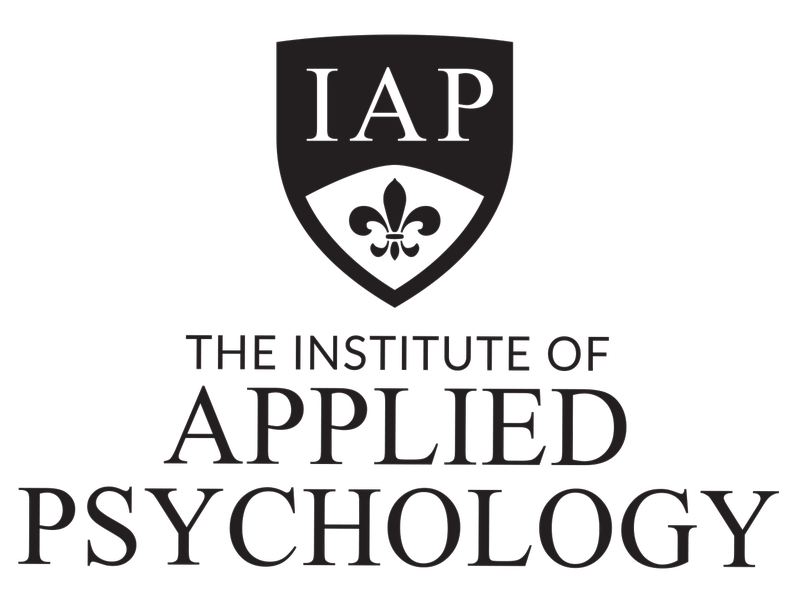IAP will not condone cheating or plagiarism in any form by students of the RTO and will ensure that these standards are upheld. Trainers must be diligent in reducing potential opportunities for cheating and plagiarism to occur by adhering to
our policy on cheating and plagiarism.
Definition of Cheating
Cheating is defined as obtaining or attempting to obtain, or aiding another to obtain credit for work, or any improvement in evaluation of performance, by any dishonest or deceptive means.
Cheating includes, but is not limited to:
• Lying
• Copying from another's test or examination.
• Discussion at any time of answers or questions on an examination or test (unless such discussion is specifically authorised by the instructor).
• Taking or receiving copies of an exam without the permission of the instructor.
• Using or displaying notes, "cheat sheets," or other information devices inappropriate to the prescribed test conditions
• Allowing someone else to hand in your work as their own, or vice versa.
• Having several people write one assignment or exercise and hand in multiple copies, all represented (implicitly or explicitly) as individual work.
• Stealing an examination or solution from a trainer/assessor.
It is not cheating to:
• Discuss assignments with your trainer/assessor or other students to understand what is being asked for.
• Get help to correct minor errors in spelling, grammar, or syntax (sentence construction).
• Discuss assignment requirements and course materials so that you can better understand the subject (this is, in fact, encouraged)
Definition of Plagiarism
Plagiarism is defined as the act of using the ideas or work of another person or persons as if they were one's own without giving proper credit to the source. Such an act is not plagiarism if it is ascertained that the ideas were arrived through
independent reasoning or logic or where the thought or idea is common knowledge.
Acknowledgement of an original author or source must be made through appropriate references i.e. quotation marks, footnotes, or commentary. Examples of plagiarism include, but are not limited to the following:
- Submitting work, either in part or in whole, that has been completed by someone else.
- Failing to give credit for ideas, statements, facts, or conclusions which rightfully belong to someone else.
- Failing to use quotation marks (or other means of setting apart) when quoting directly from someone else, whether it be a paragraph, a sentence, or even a part of the original work.
- Close and lengthy paraphrasing of another's writing without credit or originality
- Using another person’s work without giving credit
It is not plagiarism to:
- Hand in work done alone or with the help of staff.
- Submit one assignment from a group of students where this is explicitly permitted or required.
- Use other people’s ideas where they are acknowledged in the appropriate way, such as referencing using footnotes, end notes or the Harvard system of referencing.
Have further questions or need help? Contact us on:
📞 1300 380 681
